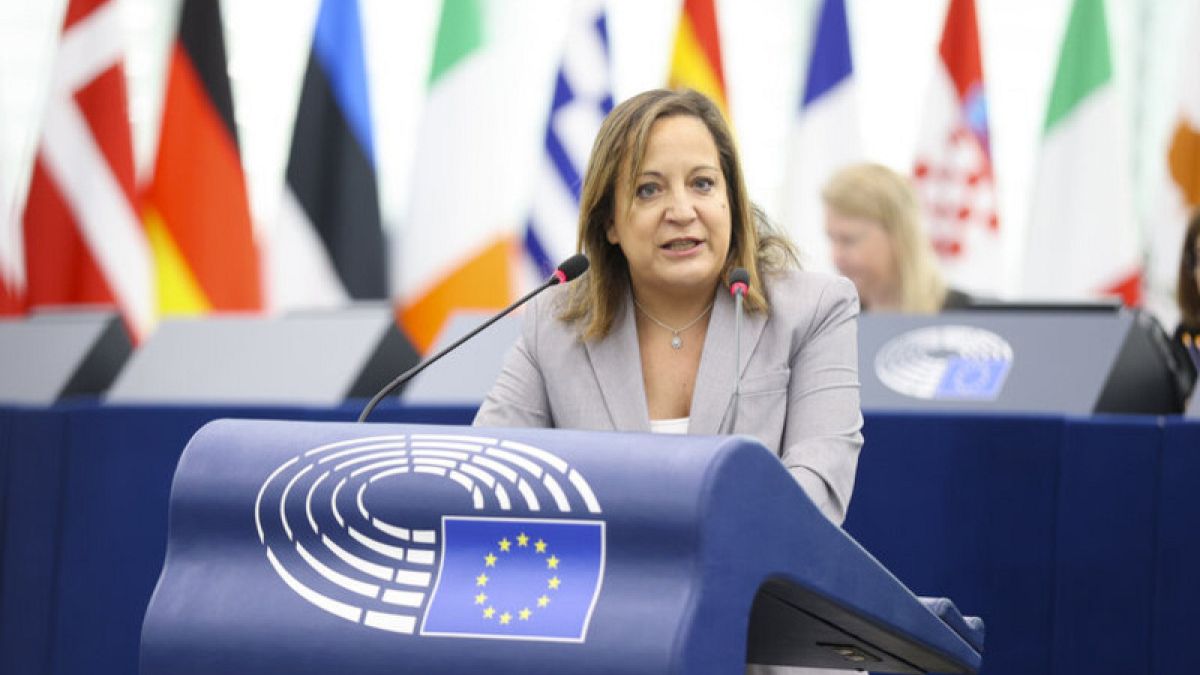The President of the European Commission, Ursula von der Leyen, recently proposed the creation of return hubs outside the EU to detain rejected asylum seekers awaiting deportation as part of innovative solutions to stem the flow of irregular migrants. However, this proposal has faced criticism from various political groups within the European Parliament, including the Socialists, Greens, and Renew Europe. Members of the Socialists and Democrats group have strongly opposed the idea of creating deportation centers in third countries, labeling it as inhumane and illegal. They argue that endorsing such a migration model would violate human rights.
Von der Leyen’s proposal, outlined in a letter to 27 EU leaders, included ten points of action aimed at outsourcing parts of the bloc’s migration policy. The President also called for partnerships with third countries to reduce irregular arrivals and suggested the establishment of return hubs outside the EU to counter illegal migration. During a key debate on migration management in Strasbourg, Iratxe García Pérez, chair of the Socialists and Democrats, criticized von der Leyen’s proposal and urged her to abandon the plans for deportation centers in third countries. The proposal has sparked a debate within the European Parliament, with differing opinions on how to address the issue of irregular migration.
The Italian-Albanian protocol to build and manage processing centers in Albania has also faced criticism from MEPs, with concerns raised about the logistical challenges, legal implications, and human rights violations associated with such centers. Despite the potential benefits of assessing asylum requests from certain categories of migrants in the Albanian centers, they have been deemed as a logistical nightmare and a threat to human rights by some members of the European Parliament. The idea of detaining rejected asylum seekers outside the EU before sending them back to their countries of origin has been met with opposition, with concerns about a lack of rights and perspectives for individuals held in these facilities.
The response to von der Leyen’s proposal from the liberal Renew Europe group has been nuanced, with MEPs holding differing views on the idea of outsourcing EU repatriation policy to hubs outside the bloc. While some members firmly stand against such innovative solutions, others have called for a focus on implementing the Migration and Asylum Pact and signing agreements with third countries to reduce irregular arrivals. The European People’s Party, allies of von der Leyen, mostly defended her positions, but faced criticism from the far right, which advocates for stricter policies on asylum and returns. The debate on managing migration in an effective and holistic way within the European Parliament has not resulted in a resolution, showcasing the complexity of the issue and the varied perspectives within the legislative body.










